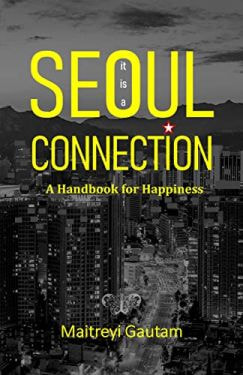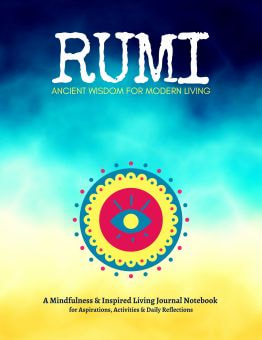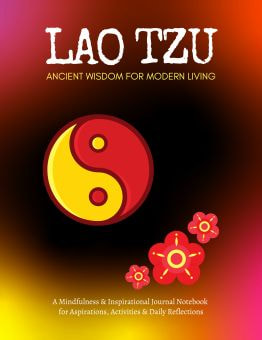What is Polyphasic sleep?Polyphasic sleep refers to sleeping multiple times within a 24-hour period. Instead of the typical one long sleep block, which we call monophasic sleep, polyphasic sleep divides sleep into several shorter periods. The term itself is derived from Greek. "Poly" means many, and "phasic" refers to phases. So, polyphasic sleep literally translates to many phases of sleep. A simple form of polyphasic sleep is biphasic sleep, which is essentially | |
Then there are more intense forms of polyphasic sleep like the Everyman method and the Uberman method.
In the Everyman method, you have one longer sleep period, usually at night, and then take three 20-minute naps during the day. The Uberman method is even more extreme. It involves taking six to eight 20-minute naps spread evenly across the day.
Reasoning behind Polyphasic Sleep
While some people swear by polyphasic sleep, saying that it makes them more productive and alert, it's not for everyone. It requires a strict schedule and plenty of discipline. Moreover, the scientific community does not fully endorse it yet. Some research indicates that it could lead to sleep deprivation and decreased cognitive function.
In fact, changing your sleep patterns can have significant effects on your physical and mental health. So, if you are considering polyphasic sleep, it is essential to first consult a healthcare professional.
In Summary
While it may offer some benefits, it is not without potential downsides and should be adopted only after careful consideration and professional advice.



















